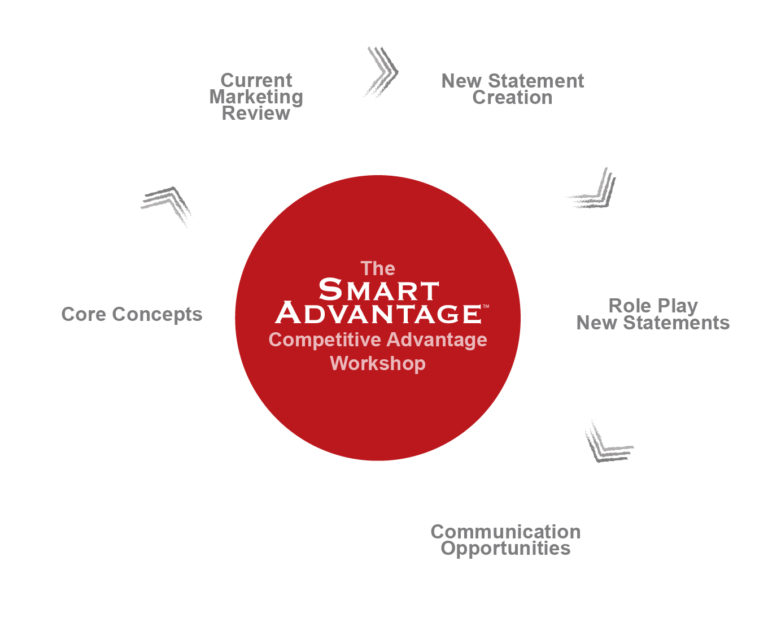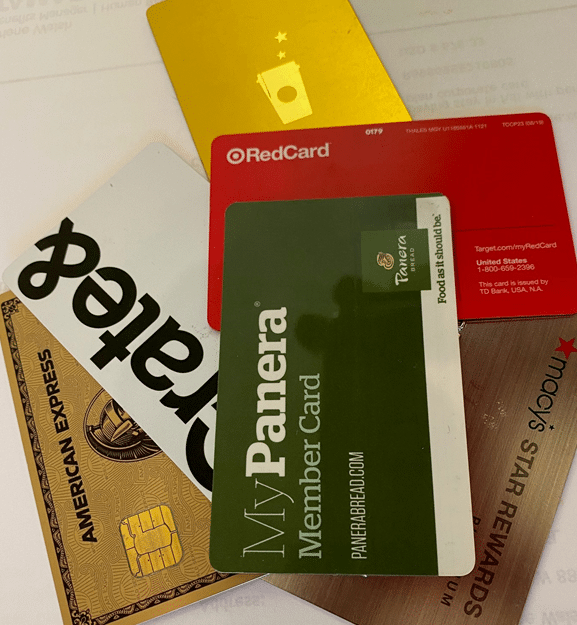I travel a lot. In any given month, I’m on the road for 2 or 3 weeks. As a confirmed road warrior, I’m a longtime Marriott customer, and they’ve always taken good care of me.
The other day I was getting ready to go give a talk at a conference in Des Moines, Iowa, and I was staying at the Marriott in downtown Des Moines. Rather than deal with a rental car during this short trip in a new city, I decided to use cabs. When I came down to the lobby of the hotel my first morning there, I was surprised to see that rather than order a cab for me, Marriott offered to take me where I wanted to go in one of their hotel vans – for the same price (or less) than a taxi cab would have charged.
Most hotels have an airport shuttle, but it’s uncommon to find a hotel that will literally chauffeur you all over town. I asked the concierge about the origins of the “Marriott taxi service.”
He said that Des Moines, Iowa has only two taxi companies, both with the same owners – and monopolies are not known for their outstanding customer service. Marriott had gotten a lot of complaints from their customers who had been left stranded or left hanging by unreliable taxis.
Finally, the downtown Des Moines Marriott decided to take matters into their own hands, and got a livery license so they would be able to transport passengers (in this case, their own hotel guests) for a fee.
This is a simple but strong example of how companies can create a competitive advantage.
Here’s what I learned from the “Marriott taxi service:”
- Your customer experience is not just affected by your own company’s actions. Marriott hosts a lot of business travelers, like me. When a taxi is late, causing someone to be late for an important meeting, that reflects poorly on the hotel – even though it’s not the hotel’s “fault” that the taxi was late. Marriott got tired of seeing customers struggle with poor taxi service, so they decided to create their own.
- Outsource vs. In-house? Most companies are constantly evaluating whether to bring certain services and functions in-house, or to outsource them to third-party providers. In the case of Marriott and the taxi companies, even though Marriott is not in the taxi business, they ultimately decided that they couldn’t rely on the taxi companies to reliably serve their guests. Even though there are some extra costs involved, it’s worth it to Marriott to be able to provide a better customer experience.
- Pleasant surprises can be the start of a competitive advantage. I thoroughly enjoyed my time with the Marriott Taxi Service. The ride was comfortable, the van was clean, the driver was courteous, and they got me to my destination on time and with no hassles. You might say that Marriott’s taxi service is just a “little thing,” but even experienced business travelers appreciate some of those special extra benefits that hotels can provide.
What’s your business’s equivalent of the Marriott taxi service? How can you go the extra mile to add value for your customers’ experience, or relieve a customer’s difficulties or solve a customer’s problem, even if it’s “not your job” or “not your core competency?”
Sometimes these “little things” can be the start of a powerful competitive advantage that will keep customers coming back – and telling everyone they know about what great service you offer.


